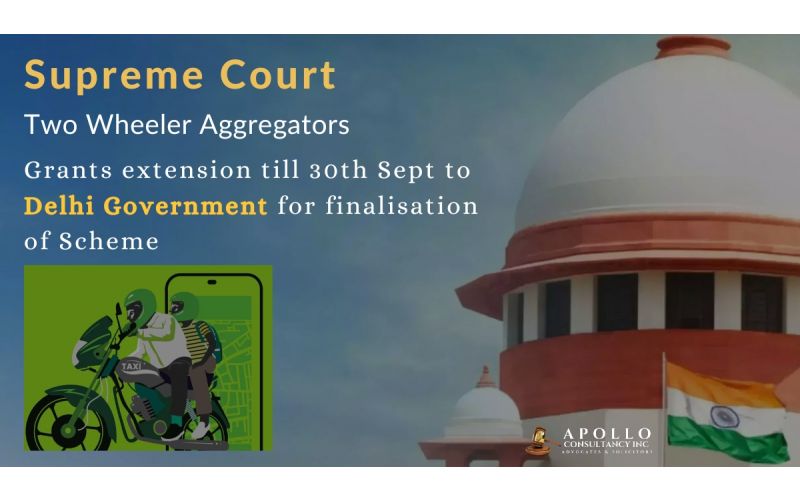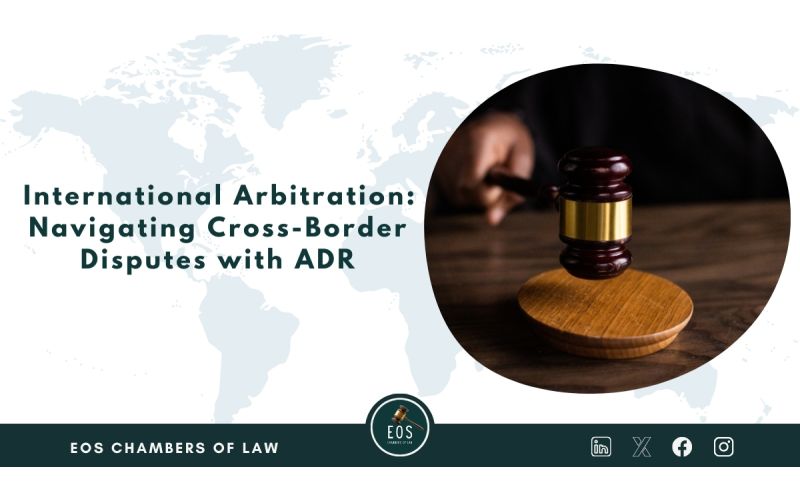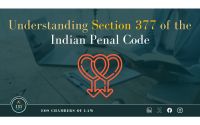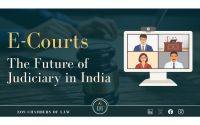Row Over Services: Will Examine If Parliament Can Abrogate C

Row Over Services: Will Examine If Parliament Can Abrogate Constitutional Principles Of Governance For Delhi, Says Supreme Court
The Supreme Court has said a five-judge constitution bench will examine whether Parliament can “abrogate the constitutional principles of governance” for the Delhi government by making a law to take away its control over services. The Centre recently issued an ordinance on the Delhi services matter by exercising its powers under Article 239-AA, a special provision in the Constitution pertaining to the national capital.
The top court, which on Thursday referred to a constitution bench the :
(i) What are the contours of the power of Parliament to enact a law under Article 239-AA(7); and (ii) Whether Parliament in the exercise of its power under Article 239-AA(7) can abrogate the constitutional principles of governance for the National Capital Territory of Delhi (NCTD),” said the order passed by a bench of Chief Justice D Y Chandrachud and justices P S Narasimha and Manoj Misra.
“The first is on the import of Section 3A (of the ordinance). Section 3A removes Entry 41 (services) of List II (State List) from the legislative competence of the NCTD. On the exclusion of Entry 41 from the NCTD’s legislative power, the government of the NCTD ceases to have executive power over services because executive power is co-terminus with the legislative power,” the order said.
While referring the Delhi government’s plea to the constitution bench, it had rejected the vehement submission of the city dispensation that there was no need for referring the matter to a constitution bench as it will “paralyse the whole system” during its pendency.
On Thursday, the bench raised a raised a query with regard to the ordinance and said it took away the control of services from the control of the Delhi government.
The Constitution excludes three entries of List II (State List) related to police, law and order and land from the control of the Delhi government, it said.
Article 239AA deals with special provisions with respect to Delhi in the Constitution and its sub-article 7 says, “Parliament may, by law, make provisions for giving effect to, or supplementing the provisions contained in the foregoing clauses and for all matters incidental or consequential thereto.”
It also says any such law made under the article “shall not be deemed to be an amendment of this Constitution for the purposes of Article 368 notwithstanding that it contains any provision which amends or has the effect of amending, this Constitution.”
Source
Post Categories
Featured Posts
Latest Posts
Latest Posts

- Hours Shifts For Resident Doctors Inhuman Supreme Court Asks NTF To Address Concerns...
During the Suo Motu hearing of the RG Kar Hospital Rape-Murder today the Supreme Court expressed its worries over the 'inhuman working hours' of resident doctors all over the country nbsp The bench comprising Chief Justice of India DY Chandrachud...

Supreme Court Grants Extension Till September To Delhi Government For Finalisation Of Scheme Two...
The Supreme Court on Monday directed the Delhi government to finalise the Delhi Motor Vehicle Aggregator and Delivery Service Provider Scheme for regulation of two wheeler aggregators by September The Division Bench of Justice Aniruddha Bose and Justice...

Can t Seek Immunity From Legal Provisions Because Contract In President s Name SC...
Defending the Centre ASG argued that the contract in the case stands on a different footing as it is entered into in the name of the President The Union of India cannot demand an immunity from the operation of pertinent...

International Arbitration Navigating Cross-Border Disputes with ADR...
As global business transactions increase so do the risks of cross-border disputes When parties from different countries find themselves in conflict traditional litigation can be slow costly and fraught with jurisdictional complexities This is where Alternative Dispute Resolution ADR mdash...

Why Is CARA Delaying Adoption Process Supreme Court Calls For Prompt Action To Benefit...
The Supreme Court on Friday raised serious concerns over the delays in the adoption process and the potential impact on both aspiring parents and children in need of loving homes The remarks came from a bench comprising CJI DY...

Section CPC Executing Court Can Consider Only Questions Limited To Execution Of Decree Can't...
Lamenting the long delay in the execution of decrees the Supreme Court observed that under Section of the Code of Civil Procedure the Executing Court can only go into questions that are limited to the execution of decree and...

Speak With Our
Get a Appointment
















